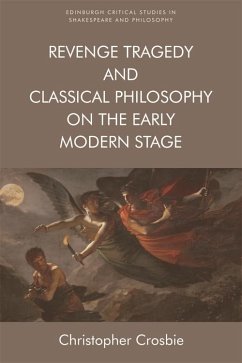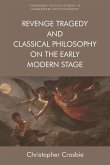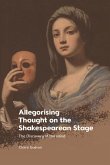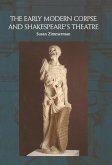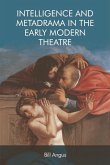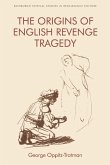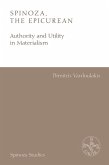Examines the influence of classical philosophy on revenge narratives by Shakespeare and his contemporariesThis book discovers within early modern revenge tragedy the surprising shaping presence of a wide array of classical philosophies not commonly affiliated with the genre. By recovering the pervasive influence of Aristotelian faculty psychology on The Spanish Tragedy, Aristotelian ethics on Titus Andronicus, Lucretian atomism on Hamlet, Galenic pneumatics on Antonio's Revenge and Epictetian Stoicism on The Duchess of Malfi, Crosbie reveals how the very atmospheres and ontological assumptions of revenge tragedy exert their own kind of conditioning dramaturgical force. The book also revitalises our understanding of how the Renaissance stage, even at its most lurid, functions as a unique space for the era's practical, vernacular engagement with received philosophy.Key FeaturesAnalyzes the twentieth-century development of revenge tragedy as a genre, and diagnoses the roots of modern criticism's tendency to treat most philosophy as estranged from the violent work of revengeProvides fresh readings of five plays central to the revenge tragedy genre, paying close attention to the conditioning influence of classical philosophy on their narratives of retributionReveals how revenge tragedy's distinctive 'moods' or 'atmospheres' emerge from fully-realized sets of ontological assumptions which help shape reception of retribution on the early modern stageDevelops new reception histories for five classical philosophical doctrines, revealing their currency and, what's more, radical adaptability within early modern England
Dieser Download kann aus rechtlichen Gründen nur mit Rechnungsadresse in A, B, BG, CY, CZ, D, DK, EW, E, FIN, F, GR, HR, H, IRL, I, LT, L, LR, M, NL, PL, P, R, S, SLO, SK ausgeliefert werden.

